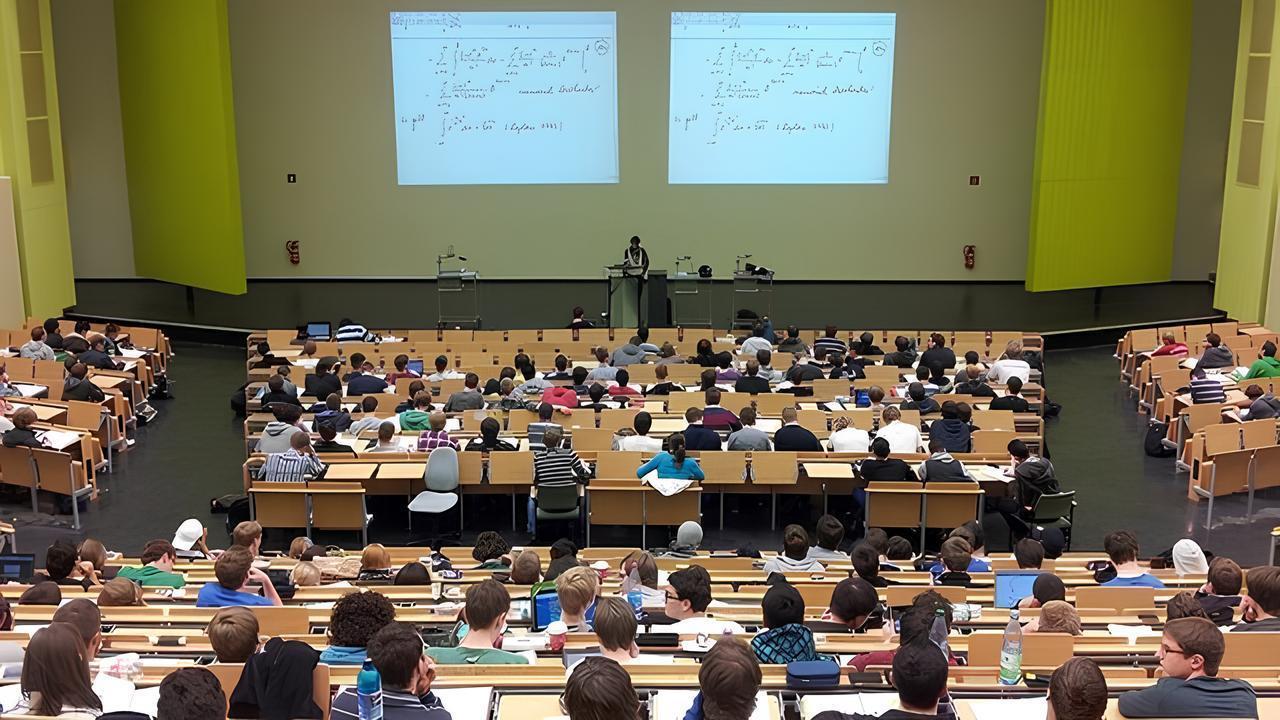
In a landmark ruling regarding cheating and plagiarism in exams, an Istanbul high court has stipulated that students can only be accused of cheating during online exams if invigilators issue warnings and record incidents at the time of the exam and that detection of plagiarism after the exam will not be considered grounds for accusation.
The ruling was prompted by an incident involving a law student in Istanbul who was accused of cheating. This accusation arose after she submitted her exam paper through her university's plagiarism detection system, following an online exam where students were required to keep their cameras on.
The university suspended the student for one semester after the system detected 56 percent plagiarism in her paper.
Emre Güneş, the student’s lawyer, filed a lawsuit for "nullification of the judgment" with the Istanbul Administrative Court. He argued that the university council had shown bias against the student based on her previous disciplinary record and contended that the sections of her paper alleged to be plagiarized were general statements.
In the investigation report, it was stated that though there was a 56 percent similarity, “it is debatable whether the plagiarism rate stated in the report is completely considerable.”
The administrative court annulled the decision to suspend the student for one semester, noting that the exam invigilator had not given any warnings over suspicion of cheating during the exam, but they ordered the penalty over “assumption” of cheating due to a system plagiarism report. There was no concrete evidence that the student in question had cheated in the exam, the court said.
Güneş emphasized that the court’s decision has also established a precedent in terms of plagiarism accusations based on similarity reports received in master's or doctoral theses.